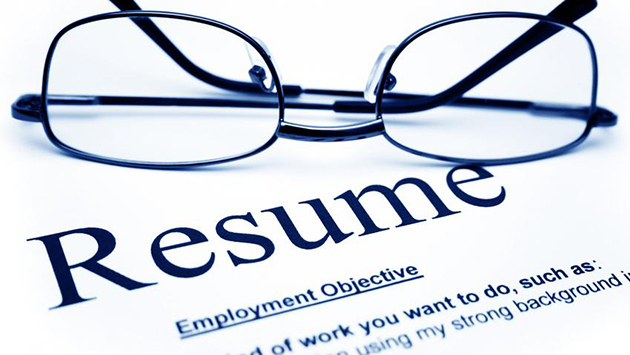Recruiters are often hired by seasoned professionals seeking management and executive roles or specialized roles in technology, science, and engineering. The recruiters are either paid on a retainer basis, which the job candidate pays, or they’re paid a predetermined amount by the employer.
Either way, there are specific things you can do to ensure your experience working with a recruiter to find your next job is as successful as possible. Following are five tips to help you get started in building a positive relationship with a recruiter.
1. Be honest about your background, experience, education, and accomplishments.

It’s your responsibility to make sure your recruiter has the information he or she needs to successfully place you in your next job. The recruiter’s reputation is on the line when he sends you for an interview with a prospective employer, and you don’t want to embarrass him or yourself.
Instead, give him all of the details he needs to successfully find the right jobs for you and to position you with employers as the right candidate for those jobs. You’re doing your recruiter and yourself a disservice if you only provide him with the parts of your story that paint you as the perfect candidate. Honesty will work in your favor in the long run.
2. Explain exactly what you want in a new job.

Don’t assume your recruiter knows what you can do and what you want in your next job. You need to spell out all of the details so there is no room for misinterpretation. Communicate your short- and long-term goals. Focus on the roles that you’re most interested in and be sure to explain the roles you’re not interested in, too.
It’s common for candidates to be vague in their job requirements to recruiters, because they think they might miss a great opportunity if a recruiter doesn’t think they’re interested. However, being vague does more harm than good, because the recruiter has a more difficult time trying to figure out what jobs are a good match for the candidate. Make your recruiter’s job easier by telling him specifically what you do and don’t want.
3. Be an active participant.

Recruiters juggle a lot of candidates and employers. It’s up to you to stay top-of-mind by communicating with your recruiter on a regular basis. Not only should you stay in close contact with your recruiter before you interview for any jobs, but you should also connect with him or her after each interview you attend. It’s important to go over the interview together and identify next steps.
4. Grill your recruiter for information about any company you interview with.

If your recruiter lands an interview for you, don’t go in without the information you need to pass the interview with flying colors. It’s highly likely that your recruiter has worked with the employer before and may have worked with the specific hiring manager in the past. That experience could provide you with essential information, which could improve your performance during the interview.
Ask your recruiter if he has placed any other candidates at the company. Also, ask him to share information about how the company interviews, the type of employees they typically hire, and any other information he can share based on his prior experiences. A good recruiter will provide as much information as possible to help you get the job.
5. Keep your recruiter apprised of your other job hunting activities.

Recruiters know that you’re using multiple avenues to find employment, but it’s not acceptable to work with multiple recruiters who might be pitching you to the same employers for the same positions. You should let your recruiter know about any other actions you’re taking to secure employment so efforts don’t overlap and the embarrassing moment when a hiring manager calls your recruiter to tell him that your resume was already submitted through another channel or recruiter doesn’t happen.
